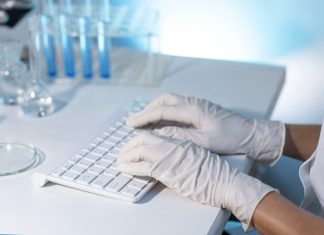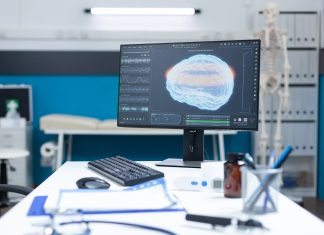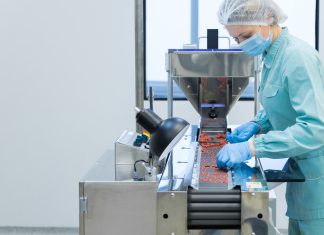Currently, the expanded neonatal screening program covers more than 40 different pathologies, and from 2025 it will be supplemented with two more tests – for biotinidase deficiency and aromatic amino acid decarboxylase. In a forward-looking announcement made by Sergei Voronin, the head of the Bochkov Medical Genetics Research Center, during a meeting of the Federation Council, it was revealed that the future will see the integration of diagnostics for Duchenne muscular dystrophy.
Screening tests cannot definitively ensure that a disease is absent, as symptoms may emerge at later stages of a child’s development. This necessitates increased vigilance of medical specialists in relation to rare diseases, he said.
Modern systems for making medical decisions using artificial intelligence can provide significant support in diagnostics. For example, if a doctor records the presence of skin spots in a patient in the system, the program can signal the likelihood of neurofibromatosis and recommend appropriate genetic testing.




